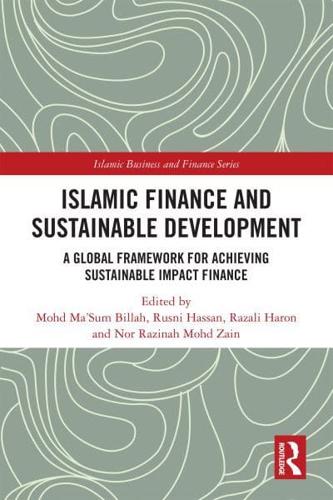Publisher's Synopsis
The interest in improving Environmental, Social and Governance (ESG) outcomes among stakeholders of Islamic banking and finance has become front and centre in the discussions relating to Islamic sustainable finance.
This book offers an expansive overview of the relevant issues, global initiatives and trends in the management, governance, and operation of Islamic sustainable impact finance. It identifies the models and mechanisms required to achieve sustainable impact finance in the context of Islamic investment and project development and collects and observes the latest approaches in maintaining and fulfilling the principles of Shariah-compliance in Sustainable Development Goals and Environmental, Social and Governance-oriented projects. The book also explores conventional financing instruments, which are being used in modern practice.
While Islamic sustainable finance provides a positive change in the Islamic banking and finance industry globally, implementing it is not without its challenges. Such challenges, such as the fulfilment of Shariah-compliance requirements, both legally and jurisprudentially, and the application and development of modern innovative products and hybrid models of classical products are highlighted and addressed in the book. The book delves into the current management practices of Islamic banking and finance, which promote Islamic sustainable impact finance and outlines strategies for meeting sustainable investments and projects. Other factors, such as the latest technology, regulations and social, political and economic policies are also considered. Evidence is provided via case studies from selected countries that participate actively in the Islamic banking and finance industry globally.
The book will attract a wide audience from researchers, scholars, and students to stakeholders of Islamic banking and finance, regulators, policy makers and Shariah-compliant practitioners.











